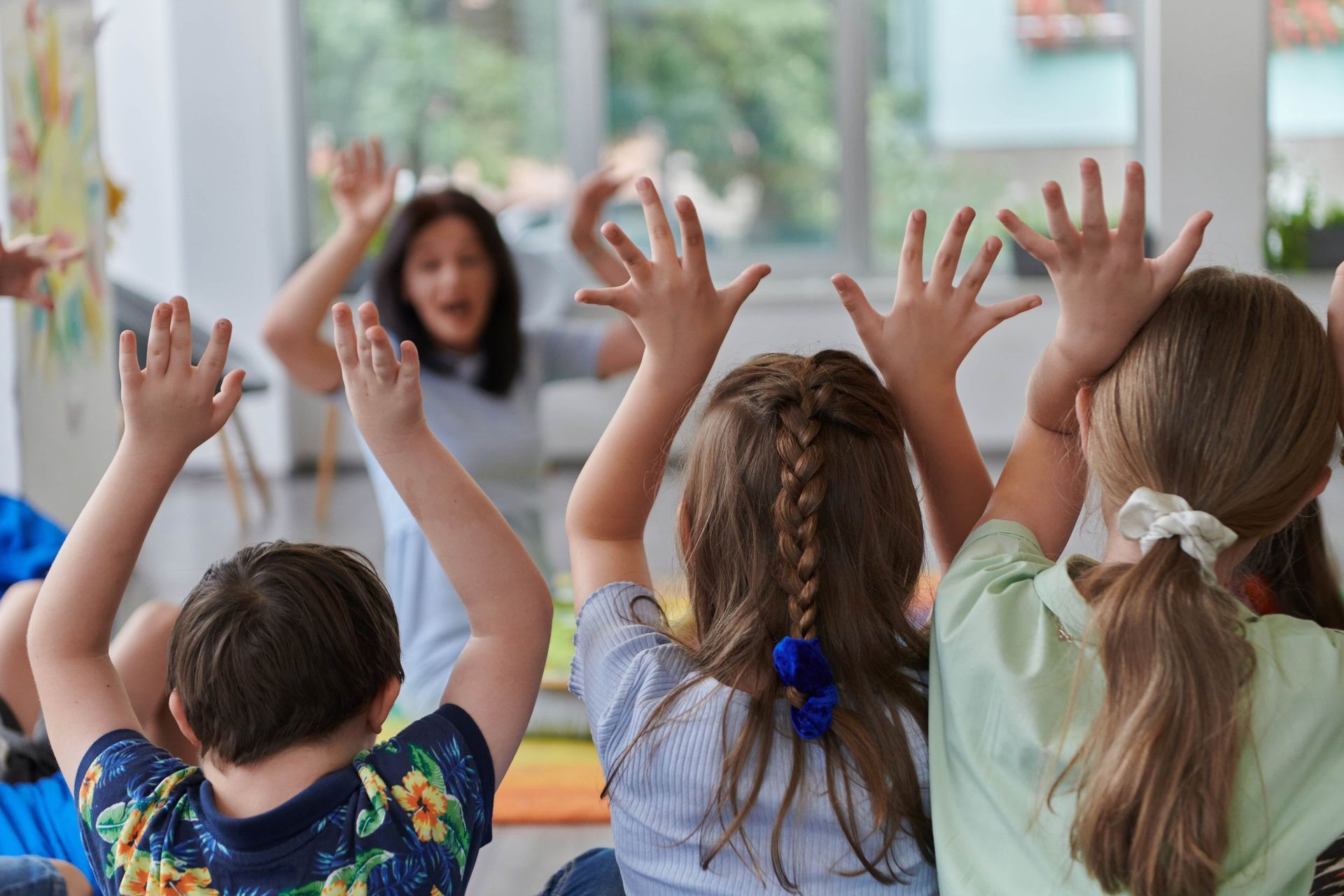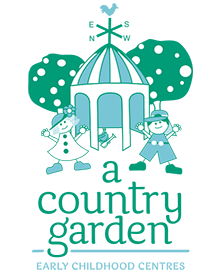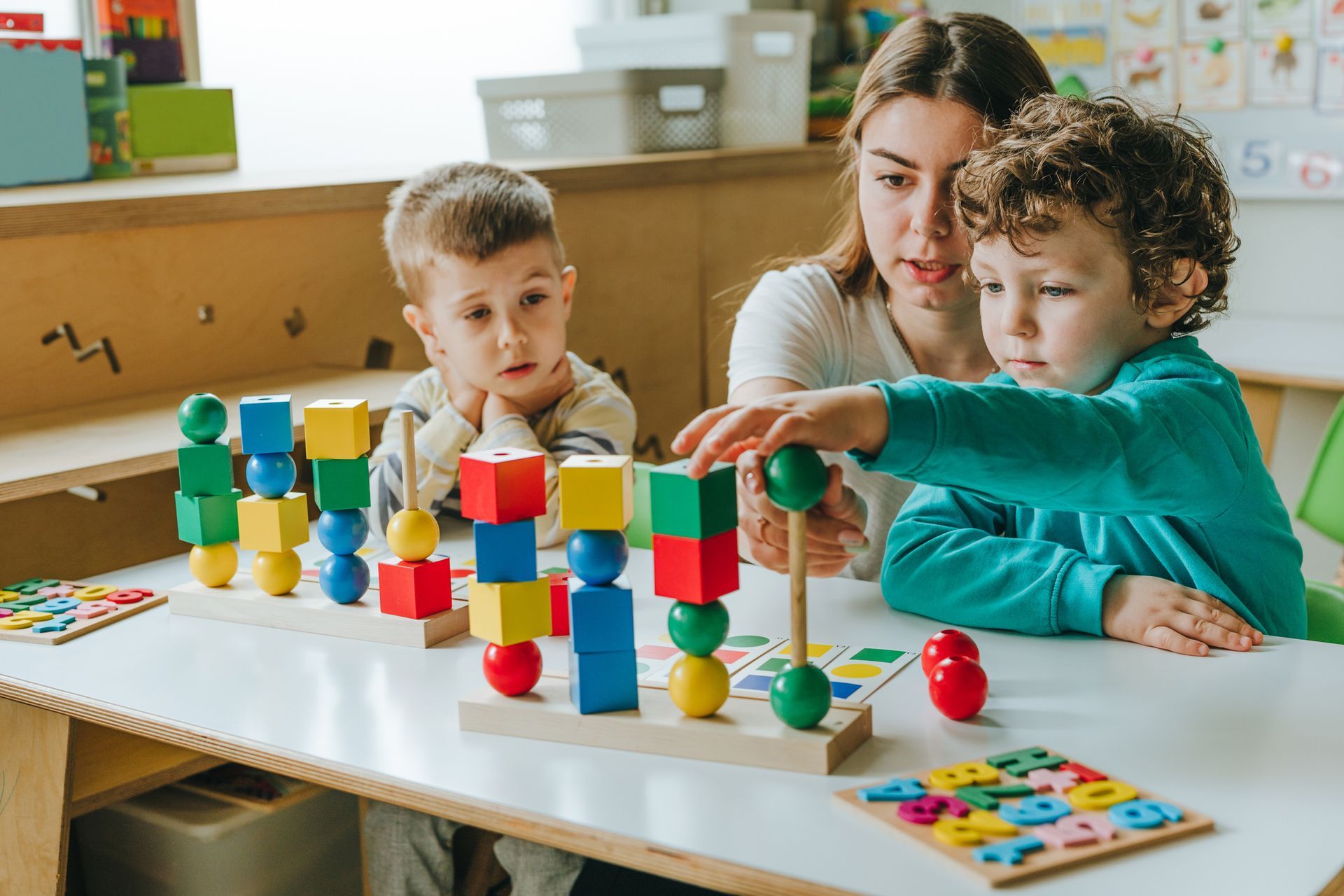Early Learning and Parenting Resources from Our Toowoomba Centre

An integral part of being a parent of a young child is finding the best kindergarten near you. Sadly, this is easier said than done. There are a lot of conflicting facts about kindergarteners and their general needs out there, and taking the time to understand the nuances between different approaches available, as well as recognising your child's unique needs, is harder than ever. Our team at A Country Garden is renowned in the industry for a commitment to excellence in early childhood education. To help parents throughout this process, we have compiled an insightful comparison between two prominent kindergarten methodologies: Play-Based Learning and the Montessori Kindergarten Approach. We’re looking to shed some light on the key differences around kindergarten reading and math games, general activity ideas, and everything in between.

It’s only natural for parents to want to give their children the best start in life. Education is the launch pad that will open new opportunities for your child, and in the right early education centre filled with social-emotional activities for infants, they can develop into well-rounded people. Yes, the importance of early childhood experiences for brain development and social confidence cannot be understated. At A Country Garden, we understand the profound impact a nurturing and stimulating environment can have on a child's development. So, let's dive into why enrolling your child in a nursery school can be one of the best decisions you can make for baby development.
Looking for helpful tips on early learning and parenting? Follow our blog or call 07 4635 5448 to chat with our Montessori educators.

